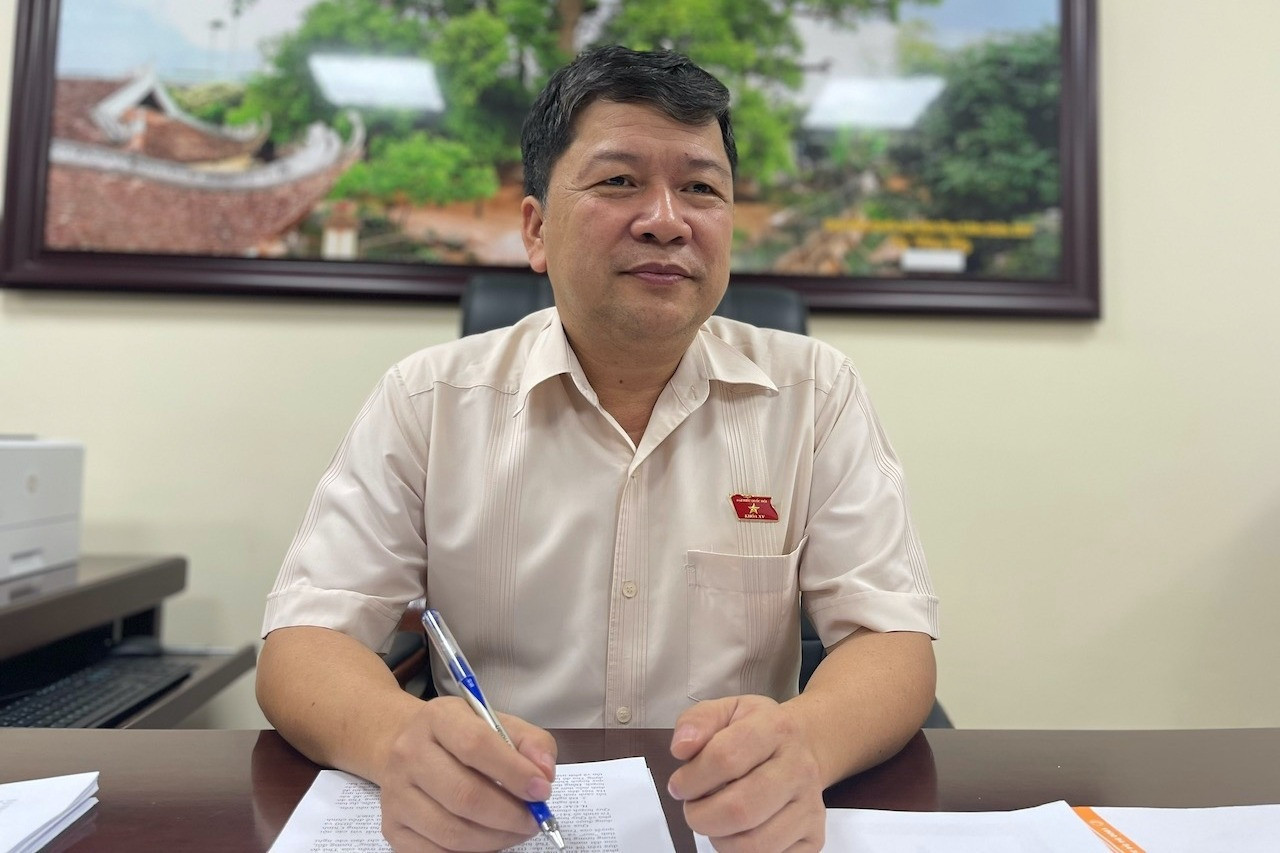
Deputy Ta Van Ha, Vice Chair of the National Assembly’s Committee for Culture and Education, said the mainstream press holds a very important role of guiding the course of public opinion. If the press cannot do this and the public is shaped by social media, then it won’t accomplish its mission.
In the 4.0 era, when industry develops at a lightening speed, digital technology development has affected all aspects of life, and forced the press to change to adapt to new circumstances.
“Technology cannot be separated from the development of journalism. Because with the Internet, the current rapid development of digital platforms has changed people's reading habits and culture,” Ha said.
The majority of Vietnamese own smartphones and can read sbout news through different channels, not just the mainstream press. This has led to stiff competition between traditional press and social media, such as Facebook and Google. In such conditions, a technology revolution is a must for the press.
This means that press agencies have to reform and apply IT (information technology) in production and publication, to create journalistic products which can ensure the accuracy of information and attractiveness in the way news is displayed.
“There must be a rapid change to create a revolution in the application of technology to the press industry in the new period," Ta Van Ha stressed.
In order to exist and continue holding the role of guiding public opinion, and dominate the ideological and cultural front, it must embrace technology and renovate itself with technology.
“If the press turns its back to technology, it will eliminate itself. The press must seize opportunities, innovate and take initiative in applying technology to retain its role and mission on the cultural and information front,” Ha said.
Nguyen Quang Dong, Director of the Institute for Policy Studies and Media Development (IPS), commented that technology is changing the way readers access news. Newspapers have lost readers in recent years because they have not been able to satisfy new requirements. Reading habits have shifted from print to online newspapers, from reading long articles to short articles, but the press has not kept up with this change.
“Technology is the factor that changes readers’ habits and news reception behavior. Therefore, journalists need to adapt to new conditions by innovating and providing concise information to meet current needs,” Dong stated.
Newspapers are no longer the only source of information. With a smartphone, everyone can share information with the public. Previously, information was distributed through press agencies. But nowadays, the platforms such as YouTube, Facebook and TikTok are popular information distribution channels.
New technologies, especially AI, are impacting journalistic activities. AI helps cut the time needed to produce content and increase working efficiency. Previously, a team of 3-4 workers was needed to produce a TV report, while now, only one journalist with a smartphone is needed.
Technology can solve media management problems
Do Chi Nghia, a National Assembly deputy, member of the National Assembly’s Committee for Culture and Education, said in the digital era, the press is facing challenges, including investment in technology, fake news, and changes in the way to approach the public.
But the change gives an opportunity to use technology to improve working efficiency and approach the readership.
Reality has proved that technology can promote the potential of the press, reduce intermediaries and increase revenue, while satisfying the public’s demands.
Since technology can assess and find out users’ habits and behaviors, it helps press agencies better understand readers.
While commenting that technology has permeated all aspects of life, he said that culture remains the core value, and the main subjects are still reporters and editors who disseminate information to the public daily.
However, Nghia warned that while technology brings conveniences, it may also pose threats. Fake news can be found everywhere online, which may mislead the public, especially when the public does not access official mainstream news.
When an article is illegally exploited and re-upped on fake websites with modified information, this will destroy the efforts of reporters and journalists.
N. Huyen - Luong Bang